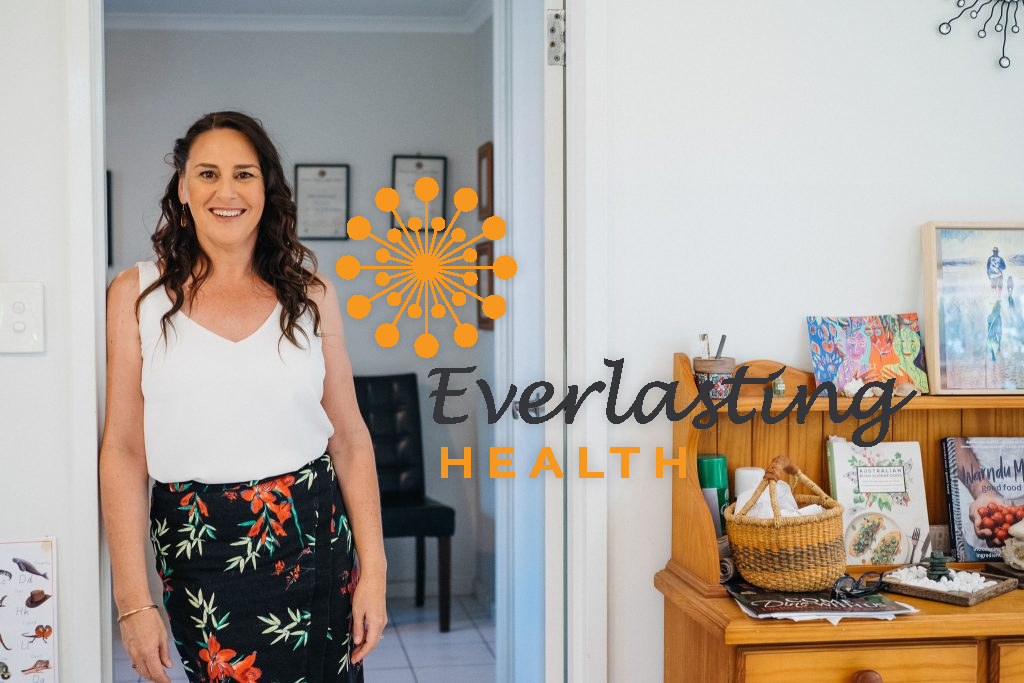Osteoporosis can be occurring silently….until there is either a hip fracture or severe sore back which leads to further investigations. It most commonly occurs in post-menopausal women as oestrogen levels decline – though the damage begins much earlier. Men can also have issues, especially if they’ve had long term corticosteroid or other pharmaceutical drug use. Bone loss commonly affects the spine, hips & ribs. These bones are weight bearing – so fractures, deformity & pain are common complaints.
Osteoporosis involves the mineral & non-mineral matrix of the bone – so it’s more than calcium deficiency. Bone is dynamic living tissue, where bone is being broken down & rebuilt throughout life. Vitamin D (regulates how much calcium we absorb from our foods & aids immune system) & calcium, plus other nutrients are important for bone health – though oestrogen is also needed to incorporate calcium into the bones. More importantly – bone health needs regular weight bearing exercise.
If you also have a family history, use alcohol heavily, had gastric resection, hyperthyroidism, inactivity, short stature & small bones, smoke, have low calcium intake or have never been pregnant – then you have a higher risk of developing osteoporosis. There has also been a link with progestin-only contraception ie Depo-Provera, & an increase in bone loss – hence long term use isn’t recommended. So if you think there is a potential problem for you….then you need to try to prevent further bone density loss.
Lifestyle Choices:
- decrease alcohol & coffee (increases calcium lost in urine)
- decrease soft drink consumption (they are high in phosphate, low in calcium- pulling calcium out of bones)
- don’t smoke
- get a few minutes of sunshine daily for your dose of vitamin D
- increase weight bearing exercising ie running, active walking, dancing, playing sports, weights lifting – three times a week – before it’s too late!
- manage stress – when continually under stress we increase cortisol levels which releases calcium into the blood, thinning bones & increasing risk of osteoporosis
- increase kale, lettuces, parsley, broccoli, bok choy – all high in calcium, vitamin K1 & boron
- increase fruits to get a good dose of vitamins & minerals, particularly figs – one of highest plant sources of calcium
- consume moderate amounts of protein – too much increases acidity & the release of calcium from the bones to buffer the body occurs
- eat oats (if not intolerant!) – high in calcium, magnesium,vitamin B5,iron, silicon, folic acid & manganese
- try out the new quinoa recipes – contains more calcium than milk!! Also easy to digest, gluten free, antiviral (due to lysine), stimulates breast milk to flow & is a perfect plant protein
- try celeriac – high in calcium, magnesium, potassium & vitamin C
- cut back on adding salt to meals – it increases urinary loss of calcium
- try herbal tea such as Red Clover as it’s a phyto-oestrogen & may aid to increase bone density
- try sardines on crackers or sour dough toast – full of calcium & essential fatty acids
Everything you need to build bone density…everyday.

